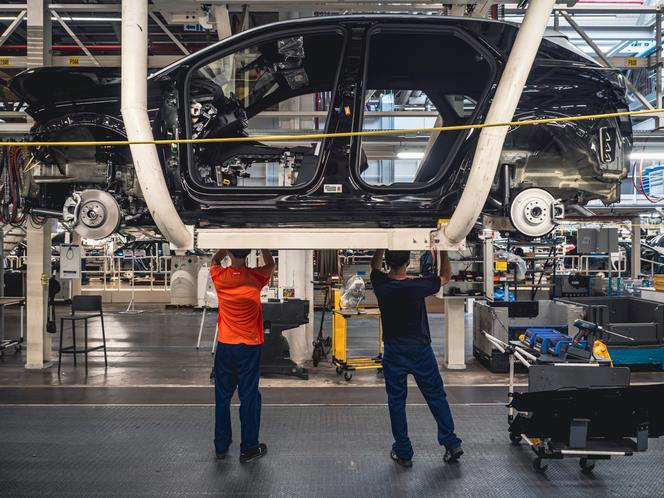


The automotive industry has won its case. On Monday, September 25, Europe's industry ministers agreed not to require manufacturers to make additional commitments on exhaust gas emissions. To put it plainly, the EU-27 member states do not want to force them to invest in improving the performance of internal combustion engines, since only electric cars will be allowed on the EU market after 2035.
The EU Council felt that, in the meantime, it was necessary to raise the requirements for nitrogen oxides and fine particle emissions from combustion engines, in order to combat air pollution. This is particularly because the gas and diesel-powered cars produced in the next few years will be on the road well beyond 2035.
Aware of the industrial and social revolution that manufacturers are facing, on November 10, 2022, the EU Council presented a draft law on new pollutant emission limits – the so-called "Euro 7" standards, which will apply from 2025. They provide for modest reductions in exhaust emissions compared to current standards ("Euro 6," in force since 2014).
Against a backdrop of sluggish growth and sustained inflation since the start of the war in Ukraine, several member states, led by France, have begun to question the relevance of continuing with the Green Pact. The Euro 7 legislative project bore the brunt of this, especially as the automotive industry argued that it would jeopardize its 14 million jobs and drive up car prices. A few months ahead of the European elections, which will be held from June 6-9, 2024, its voice has been heard. "As we've decided together to get away from combustion engines, it isn't totally necessary to pile on more regulation" for these engines, argued France's junior industry minister, Roland Lescure.
The EU-27 scaled back the text's ambitions. It was necessary to "strike a balance between the need to improve air quality and the need to maintain the competitiveness of the European automotive industry," explained Spanish State Secretary for the European Union Pascual Ignacio Navarro Rios, whose country holds the rotating presidency of the EU Council.
Several member states – including Austria, Denmark, Ireland and the Netherlands – have expressed their concerns. Some because it is less environmentally friendly. Others because, as European Commissioner for the Internal Market Thierry Breton pointed out, it would put European manufacturers at a disadvantage vis-à-vis their competitors when it comes to selling internal combustion engine vehicles outside their borders. More ambitious legislation, such as that proposed by the European Commission, would "also meet a competitiveness objective," claimed Breton, who has never been in favor of banning internal combustion engines after 2035, arguing it would have "enabled us to export the cleanest vehicles in the world, in the face of competition from America and Asia."
You have 44.48% of this article left to read. The rest is for subscribers only.
